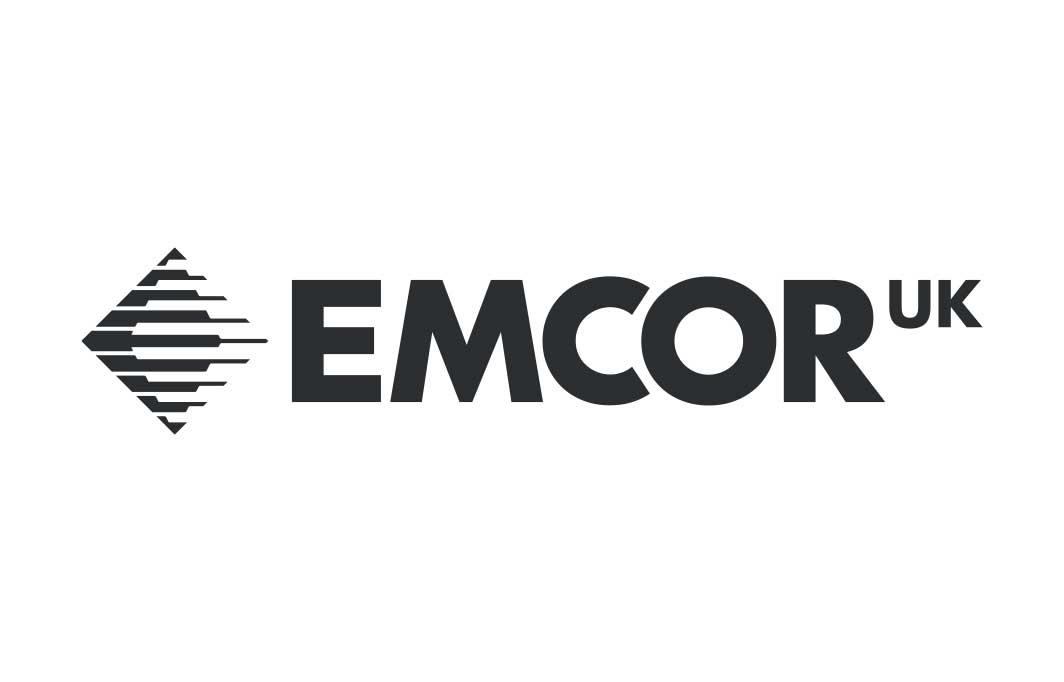IWFM Conference 2020: Insight sponsor EMCOR UK on… wellbeing
News
12 March 2020

‘Ahead of the main event on Tuesday 25 September, IWFM Conference 2020’s Insight sponsor, EMCOR UK, will be sharing their expert views on the four megatrends we’ll be discussing on the day. This article covers the second Conference megatrend: wellbeing.’
Wellbeing has seen a huge rise in importance, in both our private lives and at work. Quite rightly, workers expect their employers to care about their physical and mental health. There is, however, quite often a disconnect between the good intentions behind the provision of Employee Assistance Programmes, healthy eating, and financial wellbeing campaigns and the design of the employees’ office space and operation of buildings.
In progressive workplaces, wellbeing incorporates wider outcomes, such as sustainability and employee satisfaction. It also needs to be about workspace design, user experience and health, all delivered with a personalised human touch. In reality, many offices are a long way off being optimised for workers’ productivity – let alone their wellbeing.
Workplace and facilities management providers have a fundamental role in creating and fostering conditions that enable all employees to flourish and be the best version of themselves. This is ‘house’ on the wellbeing bingo card! We cannot afford to ignore it.
Consider the multi-generational workforce and the typical characteristics which our generation Xs and Zs display: organisations must behave with integrity and a moral code, which addresses their multi-layered approaches to work. From a sustainability perspective, employers should adopt a holistic approach to supporting wellbeing activity.
The definition of sustainability is an important one, as it has been somewhat upstaged by the environmental agenda and this has meant that while climate change effect is a vital topic, the more nuanced meaning of sustainability has not been trumpeted with such effect. Of the 17 UN Sustainable Development Goals (SDGs), six explicitly outline measures to support positive and progressive environmental activity. Of the remaining eleven SDGs, five are goals which could be adopted by organisations in relation to creating and maintaining a sustainable business. In goal eight - ‘Decent Work’ - there exists a statement relating to the organisational duty to actively protect and manage endogenous risk relating to all employees:
‘8.8 - Protect labour rights and promote safe and secure working environments for all workers, including migrant workers, in particular women migrants, and those in precarious employment.’
This comes at a time when companies are waking up to the fact that employee-based risk management is emerging from both a psychological and physiological standpoint. Traditional safety is combining with human resources and occupational health professionals in a ‘whole person’ approach. This approach is, in turn, perfectly synchronised with the holistic sustainable message of the SDGs and is a model of risk prevention and positive wellbeing promotion for businesses to apply in earnest.
Although contentious in some areas, the use of technology and proliferation of wellness apps is rising. Employers need to take a view on whether the technology helps or its emergence as a wellbeing trend is counterintuitive to the mantra of ‘switching off’. Online resources, real-time analytics and instant messaging all have a part to play, but should not interrupt the employee’s social time. It’s a delicate balance as argument and counter-argument rage against a backdrop of flexible working, generational preferences and reducing travel challenges and environmental impacts.
Workplace design and office environments also have a significant impact on employee motivation, cognitive performance, staff productivity and wellbeing. Smart technology and automation can optimise environmental factors (light, ventilation, oxygen levels, temperature, etc.) and have been shown to improve energy levels, wellness and satisfaction.
Remote workers and travelling staff also need support against isolation and loneliness. Technology can play a key role with things like virtual companions, video communication for staying in touch with colleagues, mixed reality for virtually attending meetings, or mixed and virtual reality devices. It’s a big subject with many competing considerations. FM business needs to be part of the discussion as well as the solution and have the necessary expertise and insight to support its own employees, as well as its customers.
This thought leadership piece is brought to you by Insight sponsor EMCOR UK and their partners, Frost & Sullivan, in support of IWFM Conference 2020.
IWFM Conference 2020 takes place 25 September 2020 in central London.
Check out the exciting programme and book your place today.
